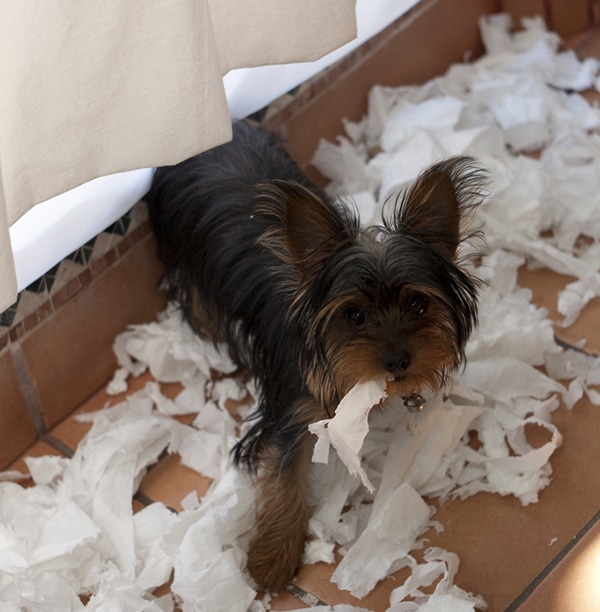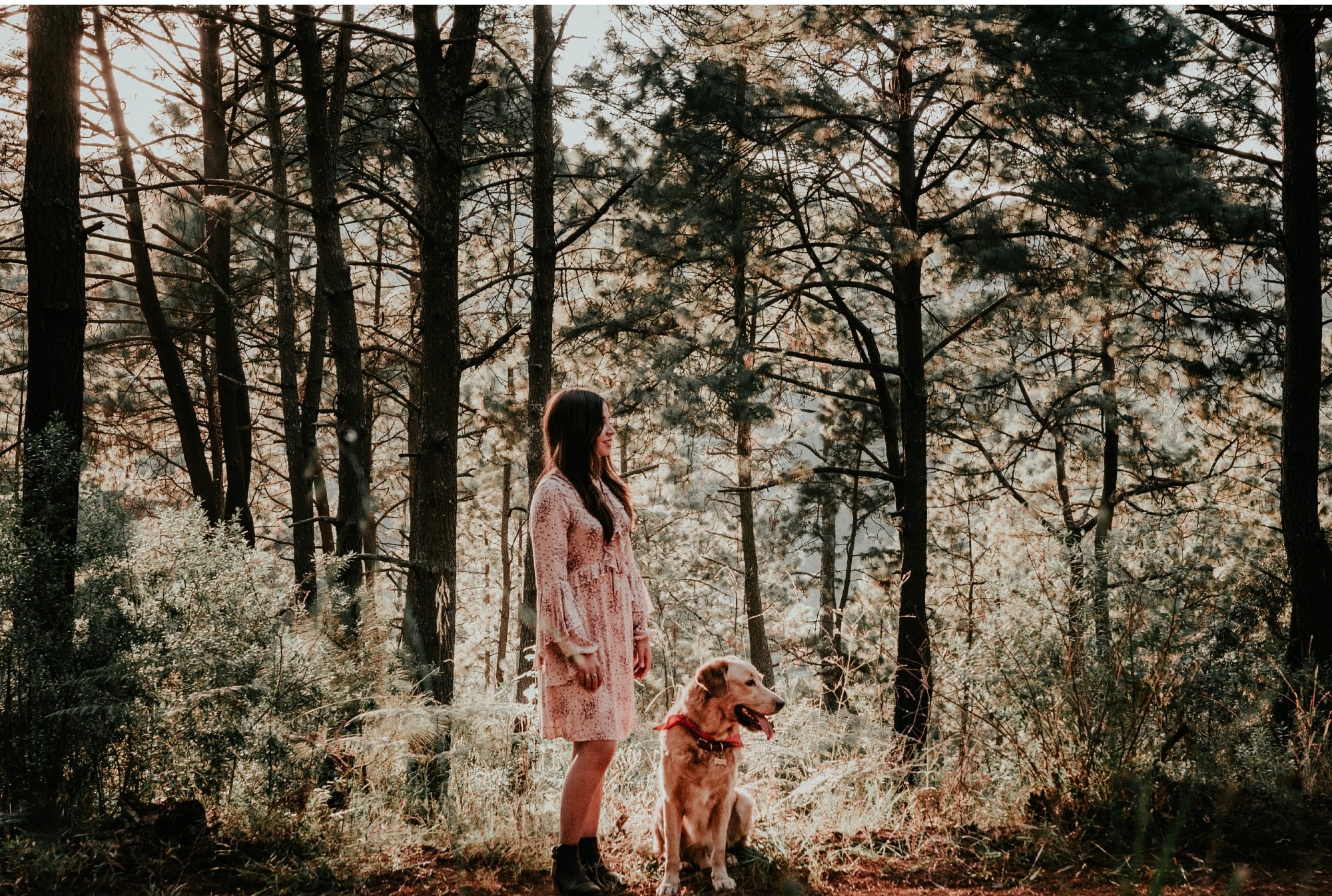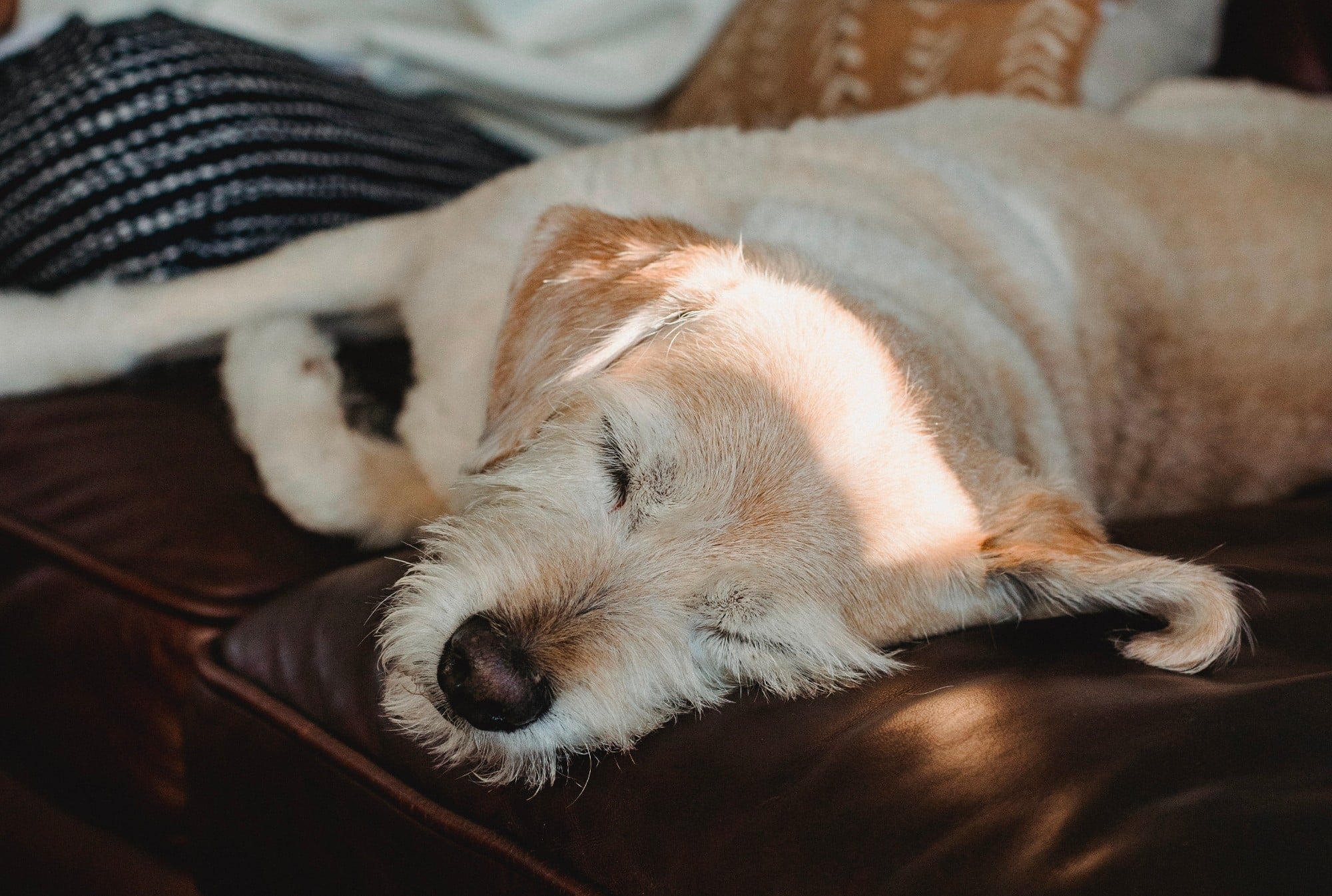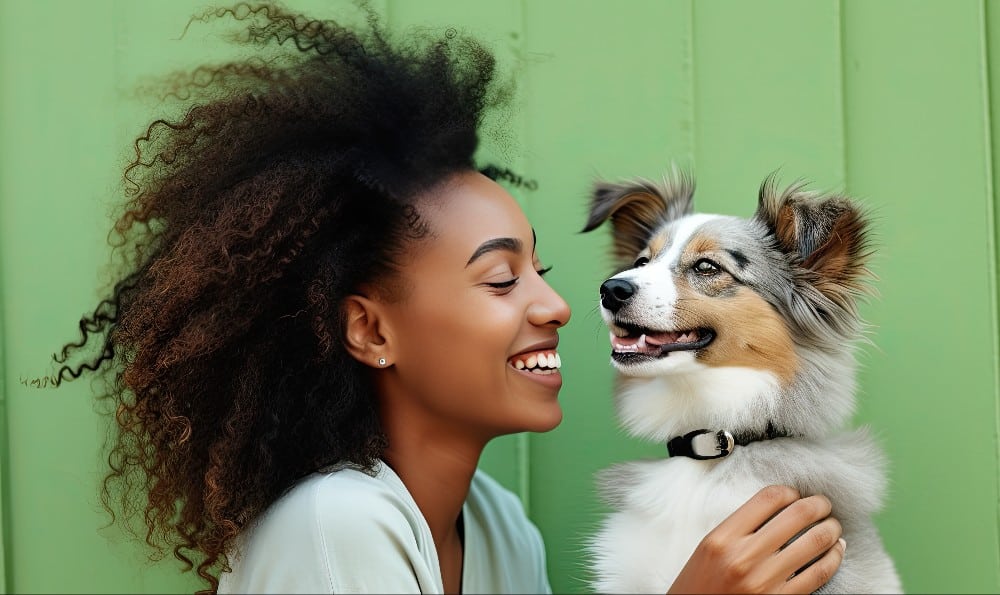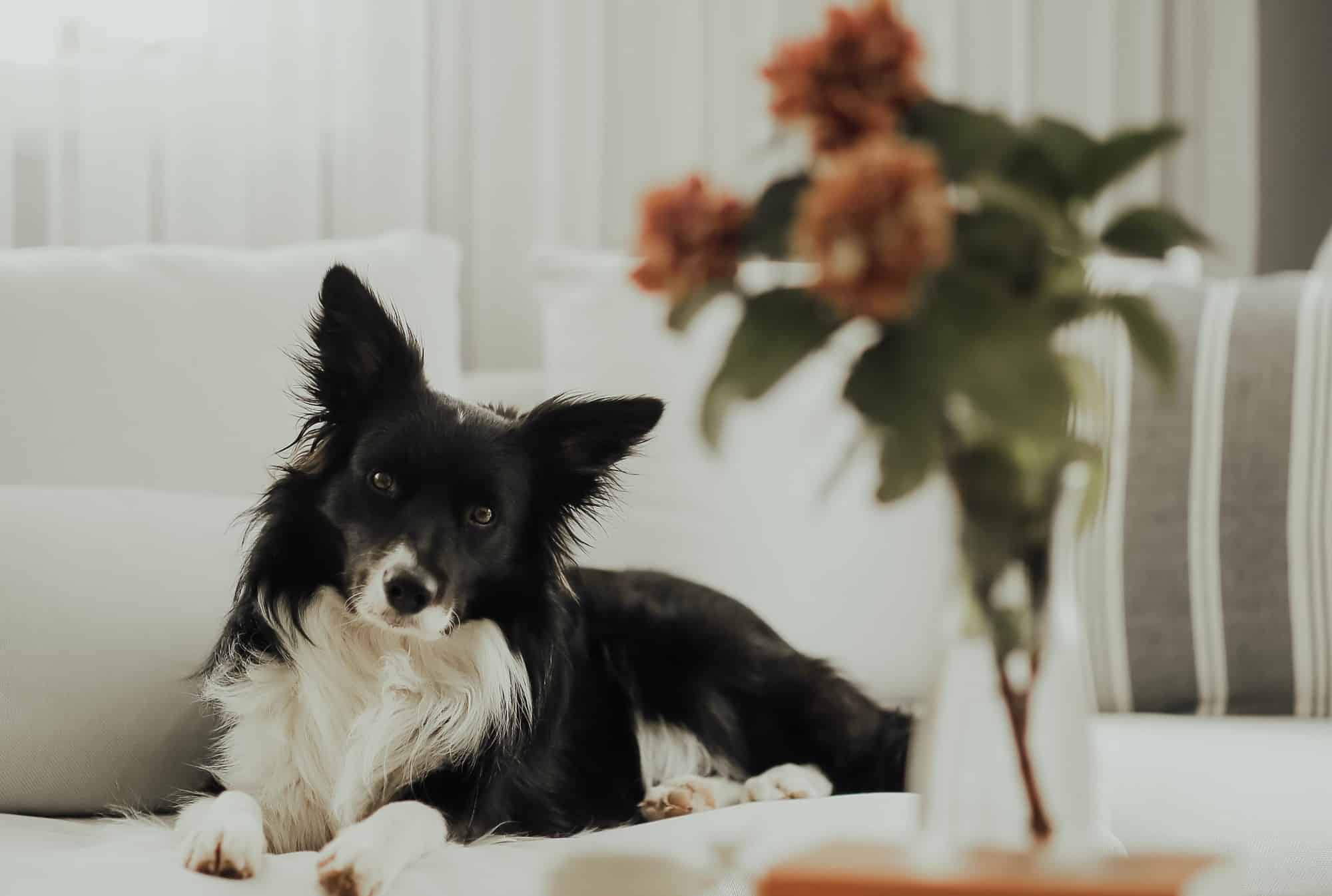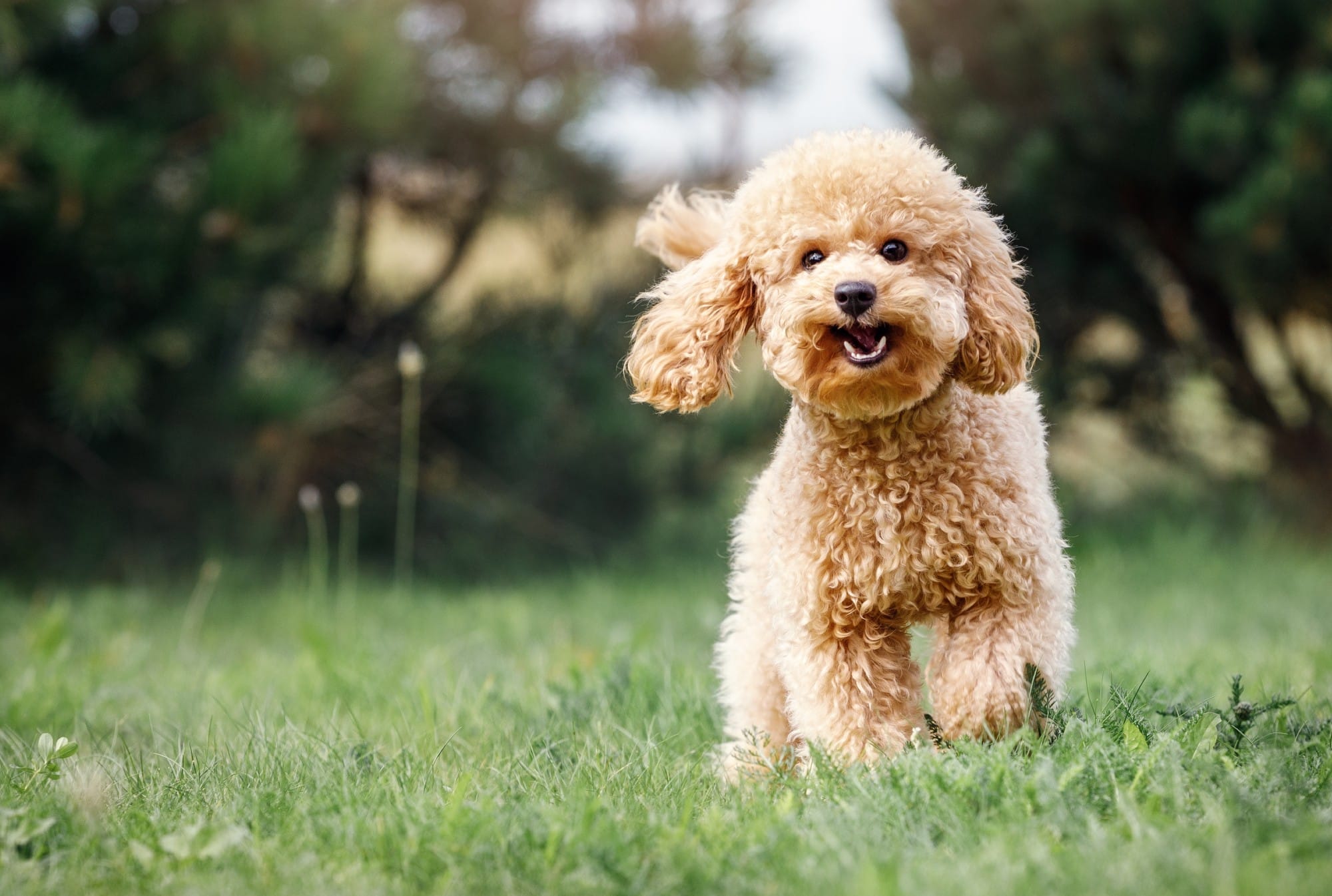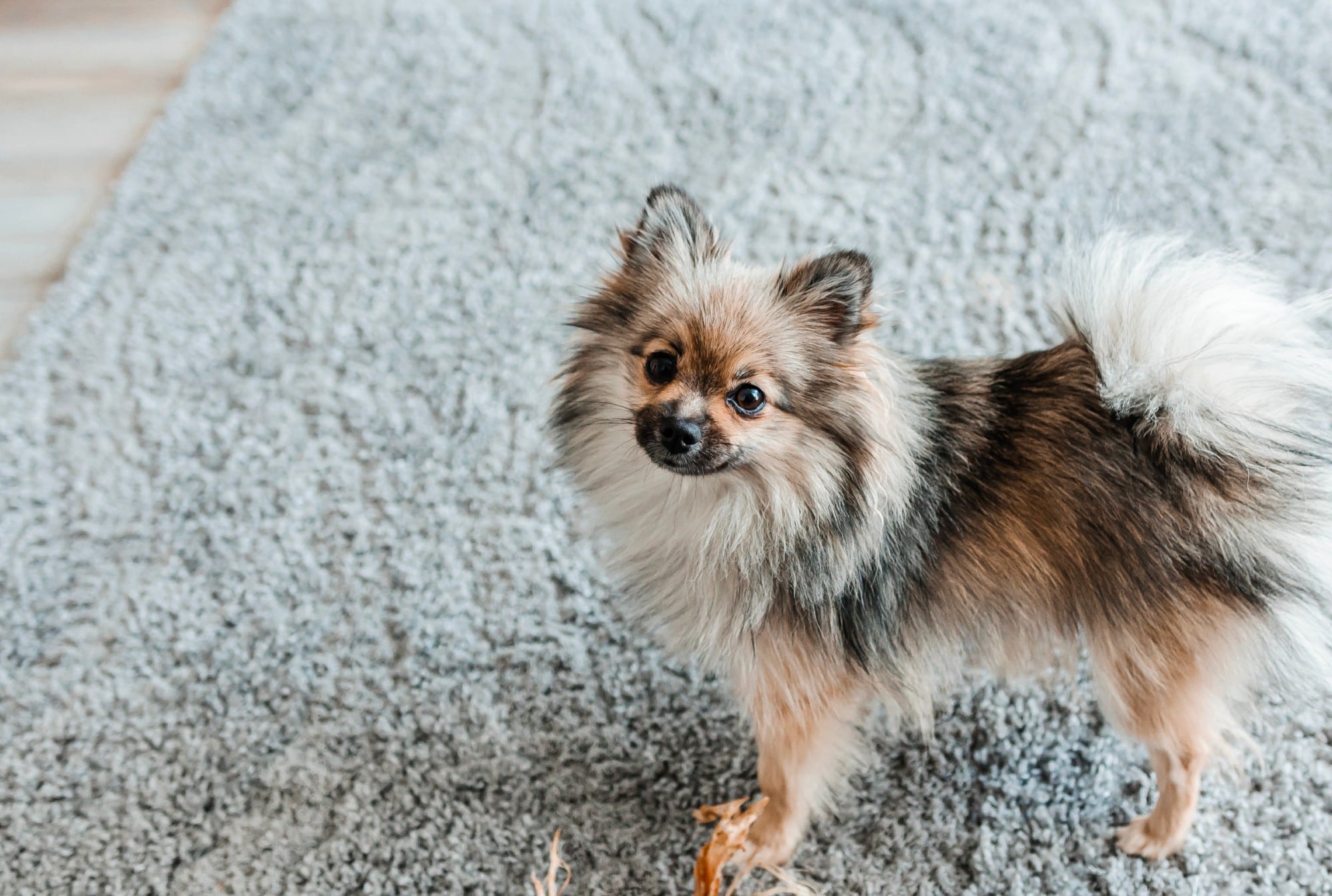Housebreaking a dog is just like potty training a kid; every parent looks forward to it being over with. What a relief it is when your furry little four-legged buddy knows where to relieve themselves and more importantly where not to.
So what’s the key? Why do some dogs get housebroken so quickly and other seem to take forever? Well, just like all aspects of dog training, it’s your approach that dictates how quickly and easily your dog will learn.
Here are a few pointers to make the whole experience a little less messy.
Related: 5 Ways to Tire Out Your Dog Before Leaving the House
Crates are key
Some people think putting their dog in a crate is mean, but it’s actually quite the opposite. If you introduce it correctly (not using it as punishment), giving your dog a crate is like giving them their own little house, a space just for them where they can go to relax and feel safe. And it can make the whole potty-training process so much easier.
If your dog is still being housebroken, you’ll want to keep them in the crate whenever you are not home. This way they don’t get a chance to have an accident when you are not around. Most of the time, they will also instinctively learn not to go inside their cage, so no worries there.
The tether
So now your pooch is happy and content in their little home when you’re not around, how do you keep them from going to the bathroom unnoticed when you are home? Turn your leash into a tether. Until your dog is housetrained you should keep them on the leash and keep that leash attached to your belt while you are home. This eliminates the chance that they will wander off and pee in the corner when you aren’t paying attention.
Catch Rover in the act
You’ve gone to all the trouble of keeping your dog crated or supervised, but they will probably still inevitably have an accident or two in the house during training, so what to do? Startle them. That’s right, startle them. Make a loud clapping noise or even make a loud shriek like the sky is falling. You want to startle your dog but not scare them. Your dog should immediately stop peeing and look at you. Quickly pick them up and take them outside to finish. Once they have relieved themselves outside praise them and/or give them a treat.
Related: The Bogeyman Syndrome: How to Overcome the 5 Most Common Dog Phobias
The idea is to positively reinforce the good behavior. Yelling at them or rubbing their face when they have an accident is useless (and mean). Not only is it no fun for anybody involved, you haven’t actually shown them what they should be doing. All this does is make them fearful to go in front of you.
So that’s basically all there is to housetraining. Follow this technique and your furry companion will be housebroken in no time. Quick, easy and painless.
Here are a few extra tips to make it even simpler.
- Keep your dog to a regular feeding schedule and take them out 15 minutes or so after they have eaten or drunk.
- Establish a potty zone. This should be a place where you regularly take your dog to relieve himself or herself. They will begin to associate this spot with going to the bathroom.
- Every time your dog begins to pee or poop outside, say “go potty” or whatever commands you prefer. Your dog will begin to associate that command with going to the bathroom and soon your dog will be able to go on command. How nice is that? This is great for those days when you are running late and need your dog to go in a hurry instead of sniffing 20 bushes before they find just the right one.
- Thoroughly sanitize any accident spots inside the house. If you don’t completely get rid of the smell there is a good chance your pooch will go there again. Dogs are habitual creatures.
- Take puppies out to relieve themselves often until they are completely housebroken. Every two hours or so should be sufficient.
- Give your dog a treat and a lot of praise every time they go to the bathroom outside. Positive reinforcement is key.
- Always take your doggie outside first thing in the morning and right before bed.
- Don’t bother yelling at your dog if you don’t catch them in the act. It’s too late then and won’t help.
Related: 6 Things We Do That Drive Our Dog Crazy













